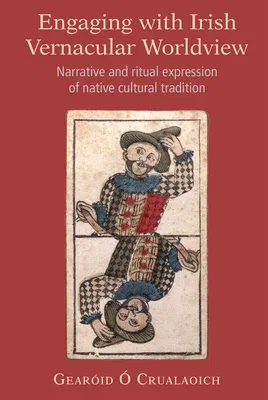The book comprises an ensemble of articles and essays offering its
readers engagement from an ethnological perspective with significant
facets of the domain of Irish Studies. It attempts, both in its
organisation and intellectual orientation to be a contribution to the
instruction and formation of a variety of readerships - undergraduate
students of the various Irish Studies disciplines, especially Folklore
and Ethnology; graduate research students in the disciplines of Irish
Studies; a general readership of people with an interest in Ireland;
graduate and research students of Irish literature, culture, society and
history apart from specialists in Folklore and Anthropology. Without
requiring any competence in Irish language, it nevertheless encompasses
materials giving insight and some access to the centrality of the Irish
language and Irish language materials in vernacular native tradition and
heritage. The style encountered in the book's parts ranges from the
occasional and discursive to the sustained and scholarly. Keeping
pedagogical considerations in mind, readers can encounter some degree of
confirmatory overlapping and circularity that also reflects the author's
own ongoing understanding and interpretation of the matters involved. A
distinguishing feature of the book is the manner in which descriptive
and analytic treatments of fundamental aspects of vernacular worldview -
duality in cosmology, creative ethnopoetics in narrative tradition, the
symbolic and socially functional significance of the conception of the
otherworld feminine - combine to bring readers to an appreciation of how
vernacular worldview can be understood to continue to inform issues of
gender, history and politics in the modern world. This follows on from
the stance adopted in my earlier book, The Book of the Cailleach (Cork
University Press, 2003).

